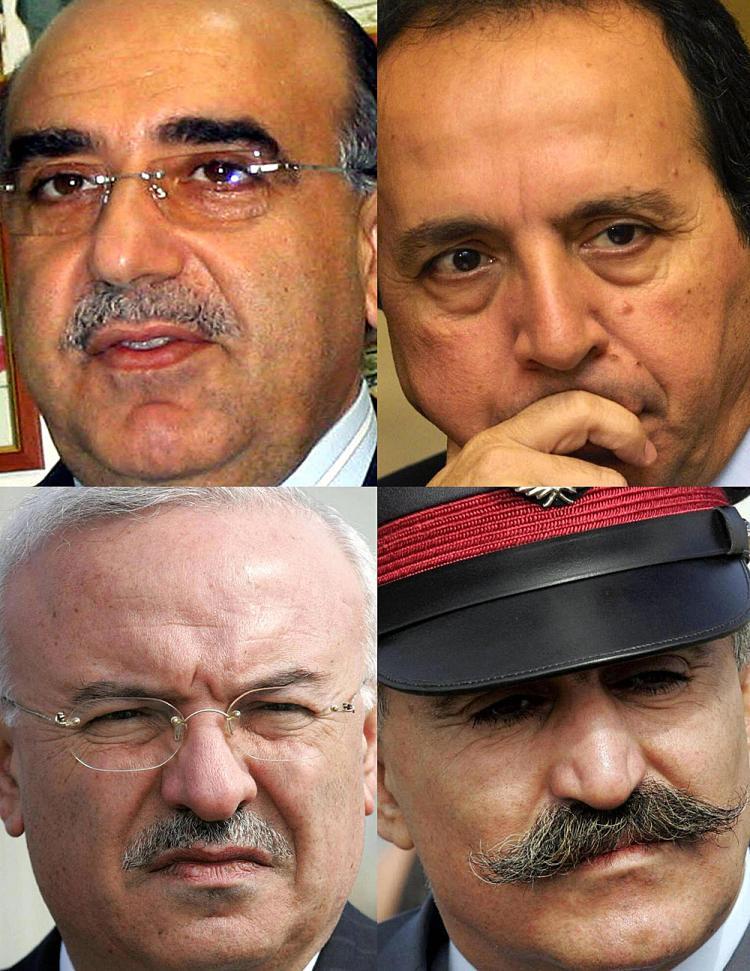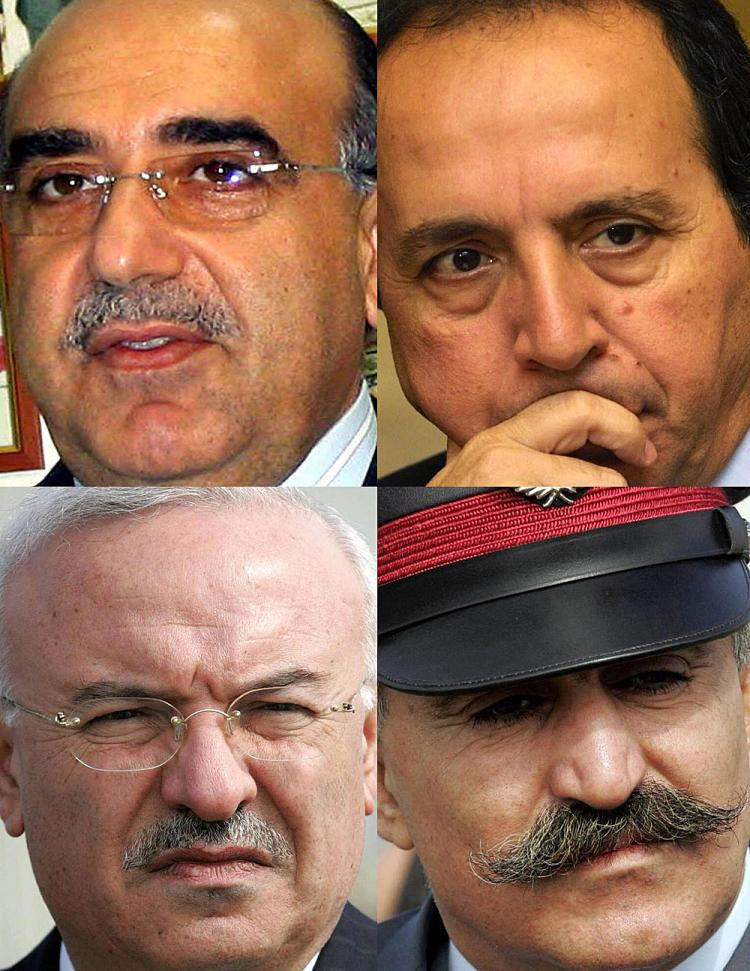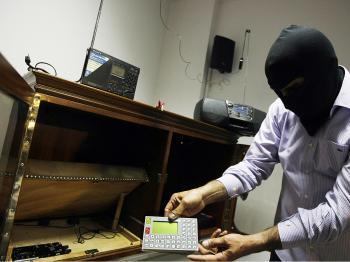This is the first decision from Fransen, since the Special Tribunal for Lebanon at The Hague began its work on on March 1. It was announced during a televised court session on April 27. The judge declared that no evidence was found to convict the generals; therefore they should be immediately and unconditionally released from jail, as “no suspects should be detained for more than 90 days unless they form a threat to the investigation progress.”
As soon as the decision was announced , Lebanese Interior Minister Ziad Baroud completed all the necessary procedures to secure the safe release of the generals the same day. The four generals were released with no delay, skipping all bureaucratic procedures, from the suburban prison in Roumieh, where they have been for the last three years and seven months.
Fireworks lit up the Lebanese sky as their families and supporters cheered, distributed sweets and flowers and raised Lebanese flags on the streets surrounding the generals’ houses,.
Their release was considered a victory by the pro-Syrian political parties in Lebanon, since the generals served during the Syrian regime that lasted 29 years and ended with Hariri’s assassination.
Supporter-journalists and Members of Parliament gathered outside of the prison and in the houses of the generals. They emphasized the importance of this achievement and expressed sadness that the judiciary in Lebanon was unable to offer true justice to its people, and instead had to refer to the international courts.
Anti-Syrian party chief, the son of the assassinated PM, Saad Hariri, stated in a televised press conference after the release that this is a proof that the International Tribunal is balanced and trustworthy, unlike what the pro-Syrian parties had been assuming earlier.
In a phone call with NewTV, PM Ammar Houry, member of the Hariri’s Future movement, said that though the generals were released, politically they are still accused of paving the way for the assassinators, as they were in charge of security at the time.
The impact of this event is potentially huge as Lebanon heads towards parliamentary elections in June. While Anti-Syrian, or pro-Western parties are struggling to maintain their majority in the parliament, the release of the generals might affect their credibility among their supporters.




